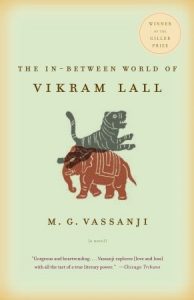 How many book reviews can I write about diaspora? Maybe a lot because the feeling of not knowing where or what home is is something I struggle with. So when I picked up The In-Between World of Vikram Lall by MG Vassanji as part of the great India book grab, thinking that because the author’s name sounded Indian, it must be about India, I was making an assumption that shows how much I want life to fit into identifiable little boxes. Instead, I found a story much more similar to my own life, a story of a man living away from his ancestral home and trying to figure out who that makes him.
How many book reviews can I write about diaspora? Maybe a lot because the feeling of not knowing where or what home is is something I struggle with. So when I picked up The In-Between World of Vikram Lall by MG Vassanji as part of the great India book grab, thinking that because the author’s name sounded Indian, it must be about India, I was making an assumption that shows how much I want life to fit into identifiable little boxes. Instead, I found a story much more similar to my own life, a story of a man living away from his ancestral home and trying to figure out who that makes him.
Stateless in the World
“[M]y fantasy has partly to do with desperate need to belong to the land I was born in.” – MG Vassanji
It wouldn’t be fair to say that Vikram Lall’s life is actually like mine. This protagonist is a third generation Kenyan, but as the grandson of a man who came over from Punjab to help build the railroad, his ethnicity means he will never blend with his homeland. And because the Indian town his ancestors come from is ceded to Pakistan, there is no going “home” again. To add to that feeling of statelessness, the story is told from later in Vikram’s life when he is hiding out in Canada.
“Even now, here in this Canadian wilderness, I cannot help but say my namaskars, or salaams, to the icons I carry faithfully with me, not quite understanding what they mean to me.” – MG Vassanji
My ethnicity means that physically I blend in just fine with my home town in Idaho and my adopted home of Seattle. But my experiences living abroad have stretched and changed who I am in ways I cannot explain. As a result, I often feel like I don’t quite fit in Seattle (or in Chile or Poland or anywhere). And anyway, the Chile and Poland I knew are quite different I’m sure than what they are now even without accounting for the ways the act of remembering those places has shaped them in my mind.
“It has occurred to me—how can it not?—that my picture of the past could well have, like the stories of my grandfather, acquired the patina of nostalgia, become idealized. But then, I have to convince myself, perhaps a greater and conscious discipline and the practice of writing mitigate that danger.” – MG Vassanji
I don’t know what any of this means, really, to me or to you, but it does help explain why I keep reading about people who are shaped by more than one culture—in some ways it is inside those stories that I feel most at home. It also explains why I’m making notes for a memoir about how living abroad changed my life—research that’s much easier to do when I’m once again on foreign soil.
Reading Beyond the Colonists
You’d think that a book like Out of Africa might really do it for me then. Isak Dinesen was certainly stateless as she farmed in Kenya. But there’s something about the colonial spirit that I can never get inside of or fully enjoy. In fact, as I prepared the great India reading list, I did everything I could to balance out the British take on India like Far Pavilions and A Passage to India that I’ve read so much of before.
One of the great pleasures, then of reading The In-Between World of Vikram Lall is that while it starts out in British Kenya, it is not from the point of view of a colonist. Nor is it anti-colonist, as the girl Vikram longs after for all of his life (a childhood friend) is British. But because Vikram is also close with a Kikuyu boy (who is a full, round character in ways that the Kikuyu in Out of Africa never quite achieve), I felt like I was getting a much fuller picture.
Traversing the History of Kenya
“[F]or Indians abroad in Africa, it has been said that it was poverty at home that pushed them across the ocean. That may be true, but surely there’s that wanderlust first, that itch in the sole, that hankering in the soul that puffs out the sails for a journey into the totally unknown” – MG Vassanji
Not only was I getting a diverse series of perspectives, but The In-Between World of Vikram Lall gives the reader glimpses into a wide span of Kenyan history. When we’re learning about Vikram’s grandfather, we may as well be reading Man Eaters of Tsavo alongside it with the insights into the building of the railroad. Then Vikram gets too close to the Mau Mau massacres of British citizens and later we get to read about Kenya under African rule.
Back to India
Although this book is not set in India, there is a certain longing for home culture on the part of Vikram and his family that gave me insight into Indian life. From the fact that most of the girls he’s attracted to have waist-long black braids to the power structure within a family, I feel like I learned a lot. The fact that I was reading about how Vikram’s family approached arranged marriage at the same time our tour guide was explaining arranged marriage only made both more interesting.
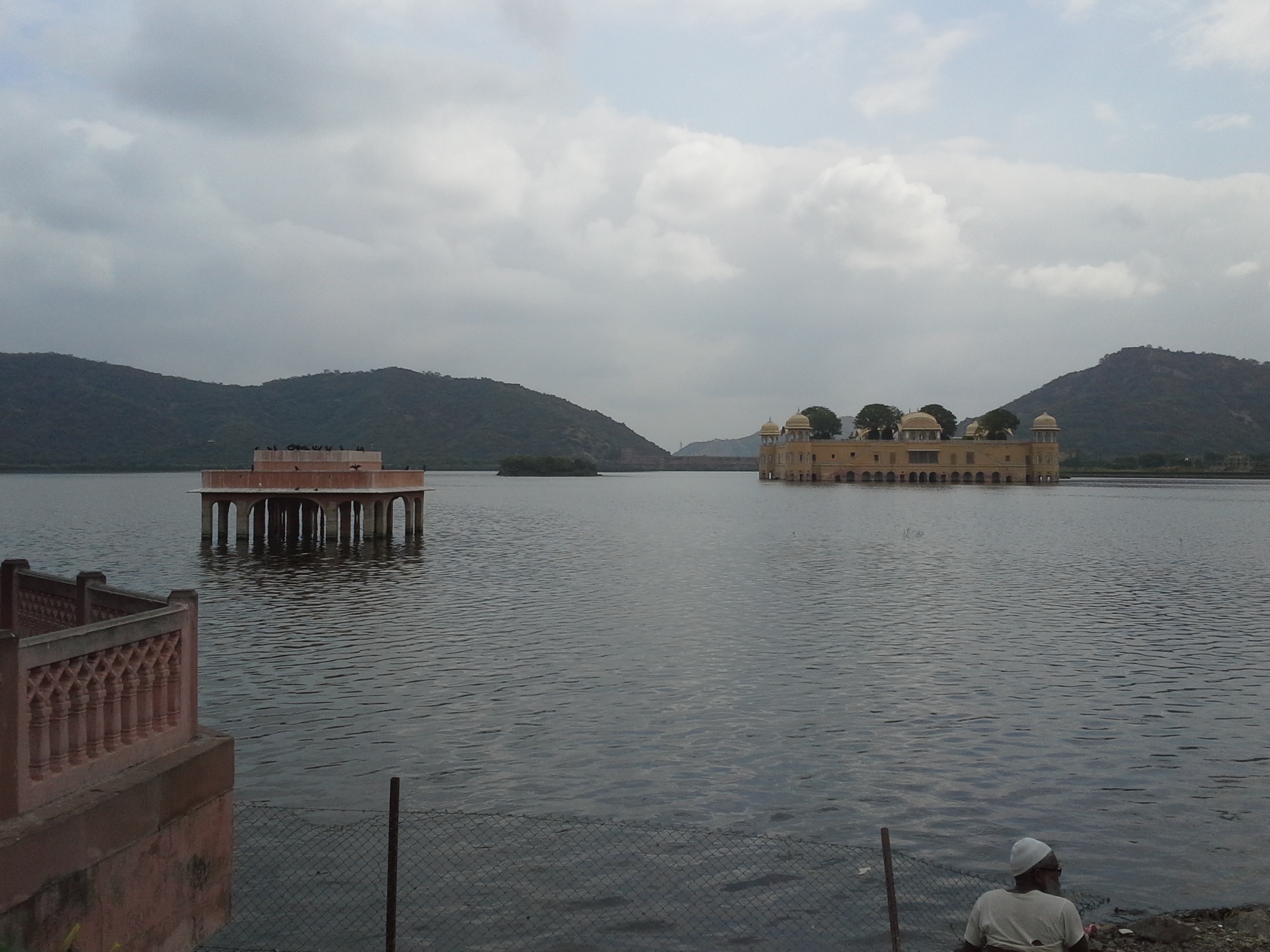
I’m in Jaipur right now, a long way from Kenya and an even farther distance from home, but I’m having a good time stretching and growing as I learn about yet another culture. I guess if you’re going to be a citizen of the world, you might as well just dive in and itch the scratch on those soles.
For other perspectives on what I read while in India, read my experiences of Heat and Dust and The Death of Vishnu.
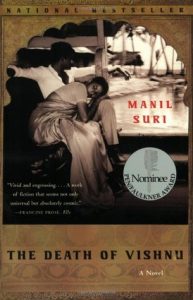 As preparation for this trip to India that I’m on, I gathered as much Indian literature around me as I thought I might be able to carry. I planned to read the books along the journey and then to leave them or share them with other travelers on the way. But one book, The Death of Vishnu called me to read it before I even left for the US and I’m so glad I did.
As preparation for this trip to India that I’m on, I gathered as much Indian literature around me as I thought I might be able to carry. I planned to read the books along the journey and then to leave them or share them with other travelers on the way. But one book, The Death of Vishnu called me to read it before I even left for the US and I’m so glad I did.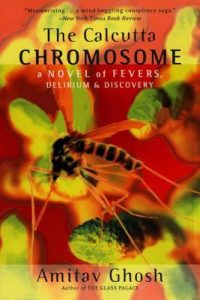 I started reading The Calcutta Chromosome: A Novel of Fevers, Delirium & Discovery by Amitav Ghosh because I’ll be traveling to India in just over a month. The book had been in my to-read pile for ages and I’d heard good things about it, I just wasn’t ready to read it… until now. And what I found in those pages made me glad I waited to read it, because if I had read this book at any other time, I would have missed what became the central lesson of the book for me: thinking beyond the expected.
I started reading The Calcutta Chromosome: A Novel of Fevers, Delirium & Discovery by Amitav Ghosh because I’ll be traveling to India in just over a month. The book had been in my to-read pile for ages and I’d heard good things about it, I just wasn’t ready to read it… until now. And what I found in those pages made me glad I waited to read it, because if I had read this book at any other time, I would have missed what became the central lesson of the book for me: thinking beyond the expected.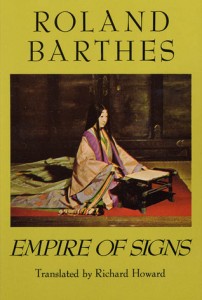
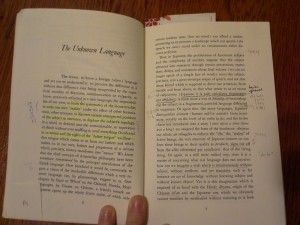
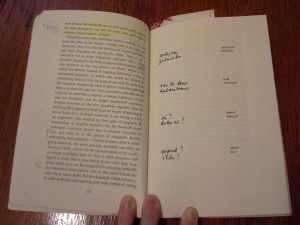
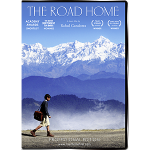 I understand why we use stereotypes. They are easy shorthand in a world where we don’t want to take the time to look deeply at the people around us–beyond their clothes and their gender and the color of their skin. But running around judging each other based on these exterior factors means we miss the richness of the lives around us. Rahul Gandotra’s short film
I understand why we use stereotypes. They are easy shorthand in a world where we don’t want to take the time to look deeply at the people around us–beyond their clothes and their gender and the color of their skin. But running around judging each other based on these exterior factors means we miss the richness of the lives around us. Rahul Gandotra’s short film